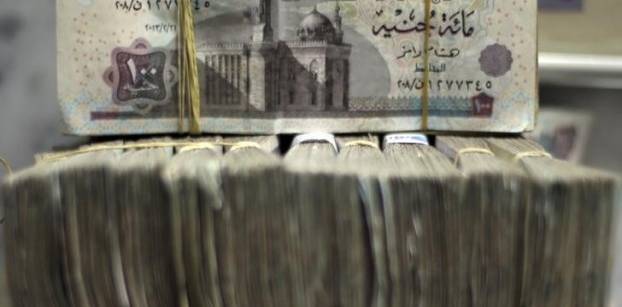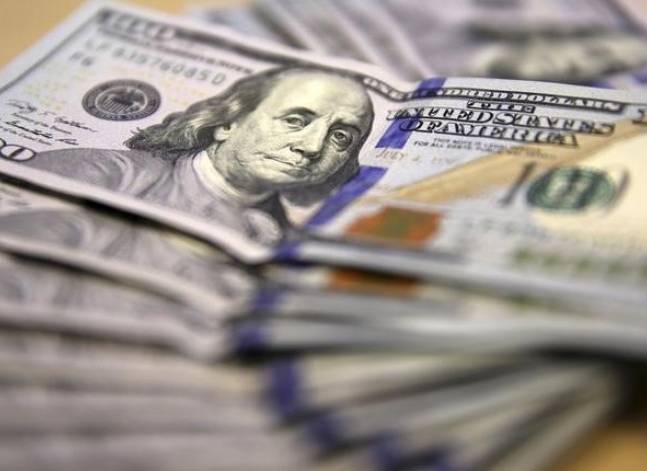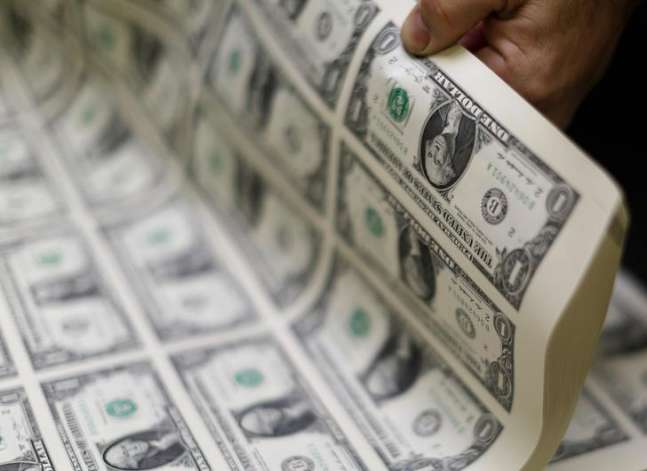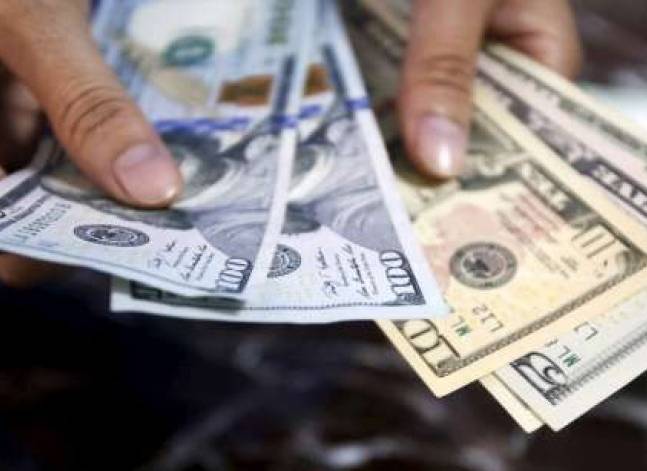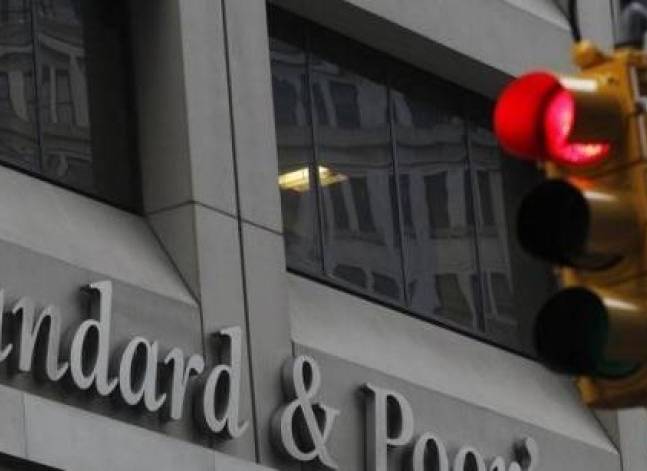Latest NEWS
- Aswat Masriya, the last word
- Roundup of Egypt's press headlines on March 15, 2017
- Roundup of Egypt's press headlines on March 14, 2017
- Former Egyptian President Hosni Mubarak to be released: lawyer
- Roundup of Egypt's press headlines on March 13, 2017
- Egypt's capital set to grow by half a million in 2017
- Egypt's wheat reserves to double with start of harvest -supply min
- Roundup of Egypt's press headlines on March 12, 2017
Minister of Planning: Egypt's GDP growth approx. 3.5 per cent, industry, tourism sectors in decline
Egypt's pound notes are pictured in stacks of 100 as employees count money at an exchange office in downtown Cairo June 5, 2014. REUTERS/Amr Abdallah Dalsh
CAIRO, Jul 21 (Aswat Masriya) - Minister of Planning Ashraf al-Arabi said in an interview with Aswat Masriya that the economic growth rate during the third quarter of fiscal year 2015/2016 (January-March), will be "around 3.5 per cent" compared to about three per cent over the same quarter the year before.
The economic indicators for the third quarter of the fiscal year 2015/2016 have yet to be announced.
Al-Arabi said that the data for the third quarter will not be announced independently as usual, but rather "the numbers for the entire fiscal year will be announced all together."
The minister added, "I saw the figures for two months in the fourth quarter, April and May, and I can say that from the data for these two months that we can close off the year with a 4.4 per cent [growth rate]."
The government aimed for a growth rate of five per cent in 2015/2016, but its expectations sank lower to 4.5 per cent after a Russian plane crashed in Sharm el-Sheikh last October, killing all 224 people on board.
Egypt's GDP dropped to 4.5 per cent in the first half of the last fiscal year (July to Dec. 2015), compared to 5.5 per cent in the same period last year.
The government attributed the decline in 2015/2016 to declines in the tourism and industrial sectors, as well as the country's foreign currency crisis.
Tourism, previously one of Egypt's largest sources of foreign currency, has declined throughout years of political unrest, which in turn has led to a steep foreign currency crisis.
The tourism sector declined by 18.7 per cent during the first half of the past fiscal year; a stark difference from the 43.7 per cent growth during the same period the year before. The decline is largely due to the October plane crash, according to the finance ministry's statement.
The industrial sector showed a drawback of 0.4 per cent over the first half of the last fiscal year, compared to a 9.1 per cent growth the year before.
The Ministry of Finance said in its budget statement for the new fiscal year, which began in July, that this drawback was due to the lack of foreign currency, which leads to more difficulty in importing raw materials.
Many industrial companies have turned to the Black market, given the Central Bank of Egypt's strict measures against foreign currency withdraws.
Al-Arabi told Aswat Masriya that while sectors have severely declined, the tourism sector has fared even worse than the industrial sector.
According to a report by the state's official statistics agency CAPMAS released earlier this month, Egypt lost over half of its tourists last May.
The government expects a GDP growth of 5.2 per cent in the current fiscal year.

